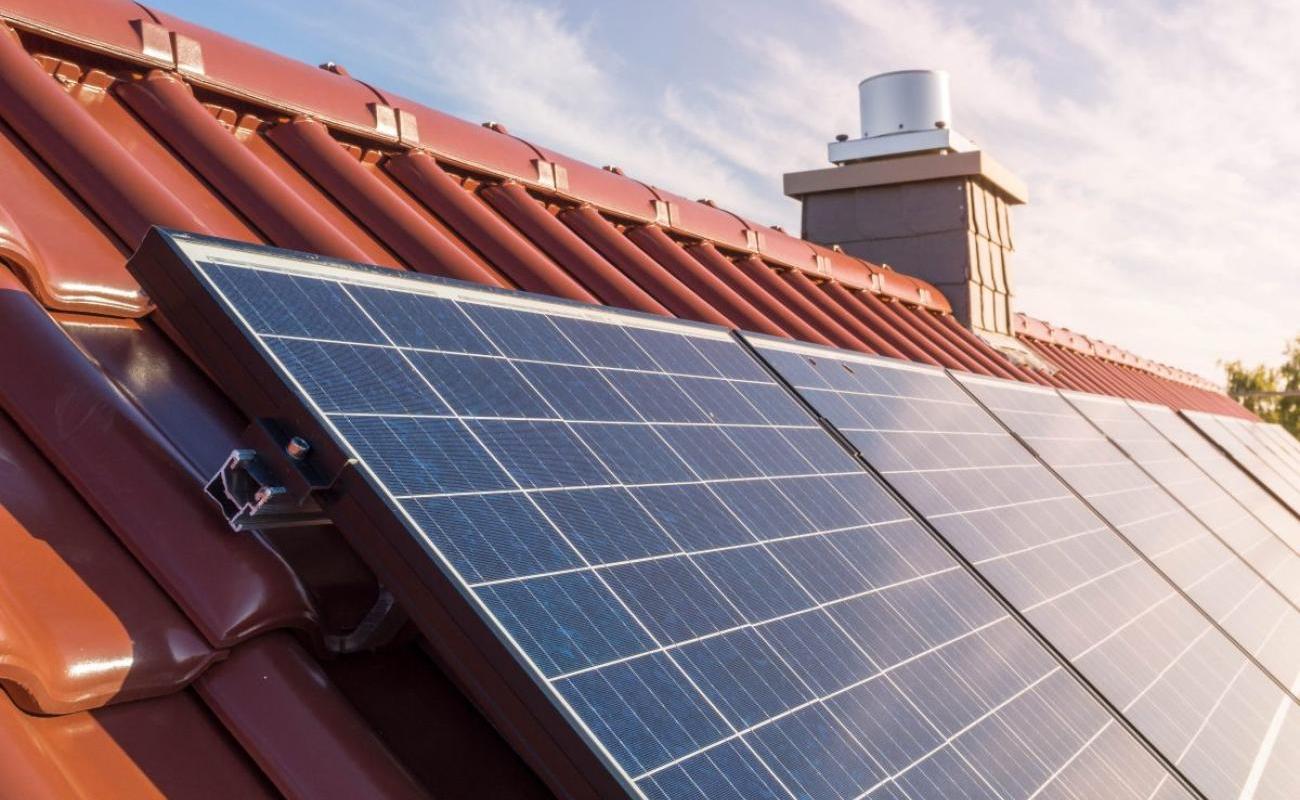EBRD, EU and KfW promote energy efficiency in Georgia
€40 million EBRD loan and €13 million EU grant for energy efficiency in schools Financing to reduce CO2 emissions and utility bills Improving the learning environment for students in Georgia

The European Bank for Reconstruction and Development (EBRD), the European Union (EU) and KfW on behalf of the German Ministry of Economic Cooperation and Development are supporting energy efficiency in Georgia.
A €40 million EBRD loan and a €13 million grant from the EU will be used to reduce energy consumption, mostly in schools, contributing to overall energy security and protection of the environment. KfW will also be providing additional financing.
Buildings consume a significant amount of energy, making up close to one-third of total consumption in the country. The investment will target schools and fund the thermal insulation of facades, roofs and basements, new windows and doors, upgraded heating systems including boilers, pipes, pumps, ventilation and cooling systems, and water-saving devices.
As a result, heating bills will decrease, allowing authorities to allocate the savings to other services, and students will be able to learn in more pleasant and environmentally friendly classrooms. What is more, the investment will increase the use of energy-efficient technologies, boost the local construction sector and create employment opportunities.
“Lower utility bills, a cleaner environment and greater energy security benefits us all,” explained Catarina Bjorlin Hansen, EBRD Regional Director for the Caucasus. “Together with the European Union and KfW, we are directing our efforts to make schools in Georgia greener and to provide comfortable learning environments for students.”
Sigrid Brettel, Head of Cooperation at the Delegation of the European Union to Georgia, commented: “Thanks to our joint programme with the EBRD and KfW, the EU is helping to scale up energy efficiency renovations in schools across Georgia. In addition to lower energy bills and CO2 emissions, this investment will bring healthier conditions for students, new jobs and improved energy security.”
Lasha Khutsishvili, Minister of Finance for Georgia, explained how the project was supporting the country’s transition to a green economy. “Our agenda to transition to a green economy remains a priority and is fully aligned with the ‘Green Investment in Buildings (GRIB) Georgia’ project, helping to build more resilient and efficient infrastructure while improving the learning environment for students in Georgia.
“In addition, it will support the government’s capacity to incorporate energy efficiency aspects into building construction and operations and increased private sector participation. The EU, EBRD and KfW are important partners of Georgia, in terms of both financial cooperation and deepening relations with Europe. We appreciate their role in helping Georgia overcome recent challenges and for ensuring that they are responsive to our priority needs.”
Mzia Giorgobiani, Deputy Minister of Regional Development and Infrastructure (MRDI), echoed these comments. “Energy efficiency is an important component in the construction and rehabilitation of public buildings. This approach is beneficial for the environment, and so the MRDI, with the support of the EU and the financial institutions, aims to implement numerous environmentally friendly projects.”
The EBRD is a leading institutional investor in Georgia. Since it started operating in the country, the Bank has invested more than €4.6 billion in 269 projects in the financial, corporate, infrastructure and energy sectors, with 78 per cent of these investments in the private sector.
